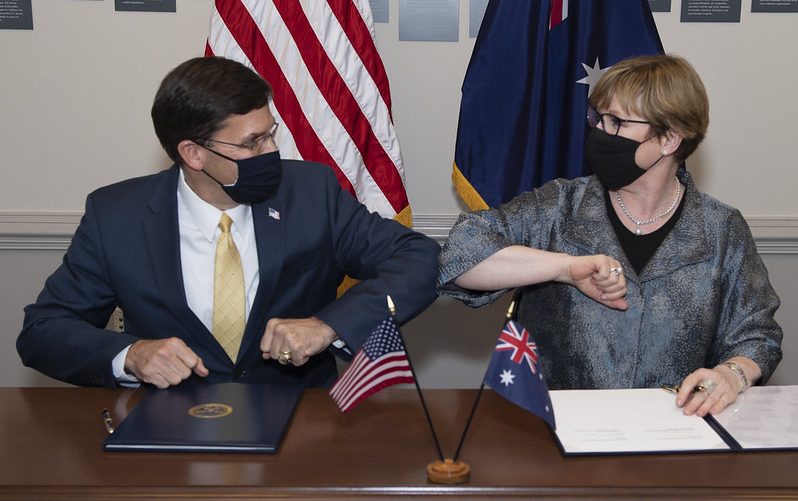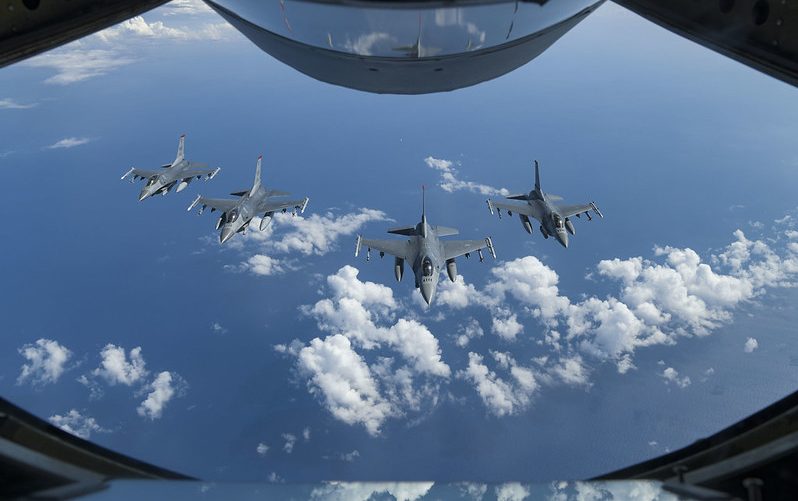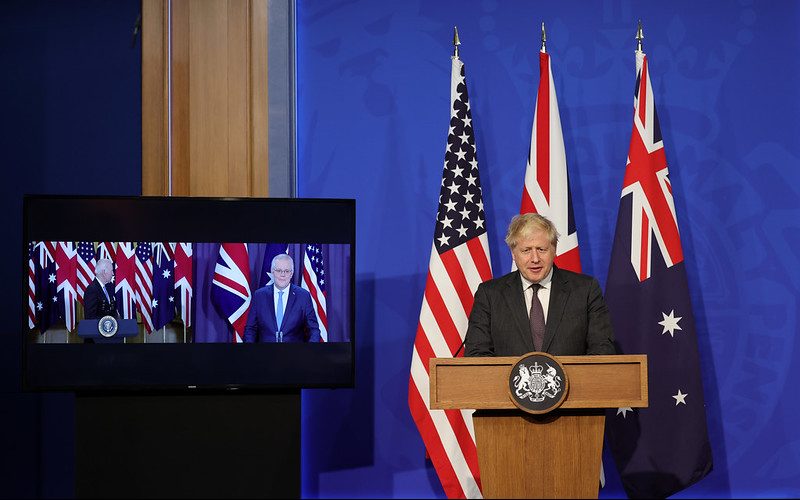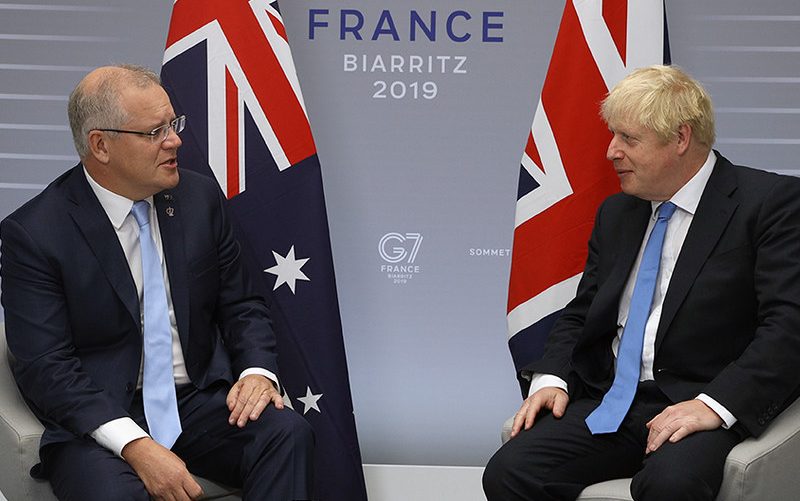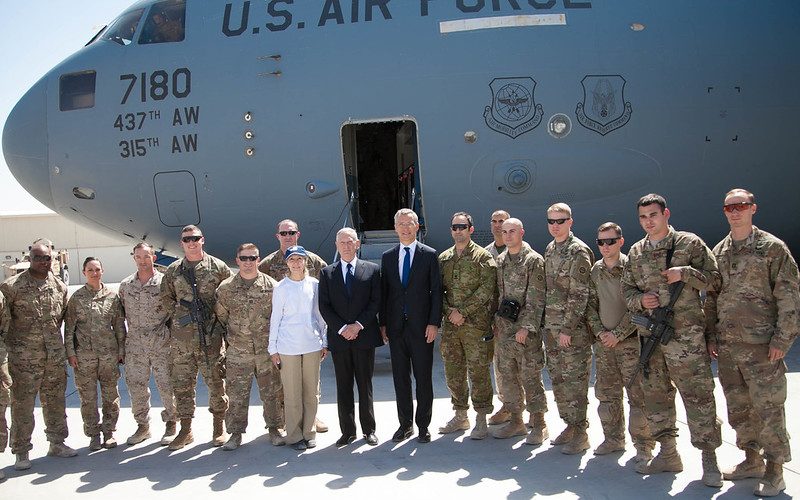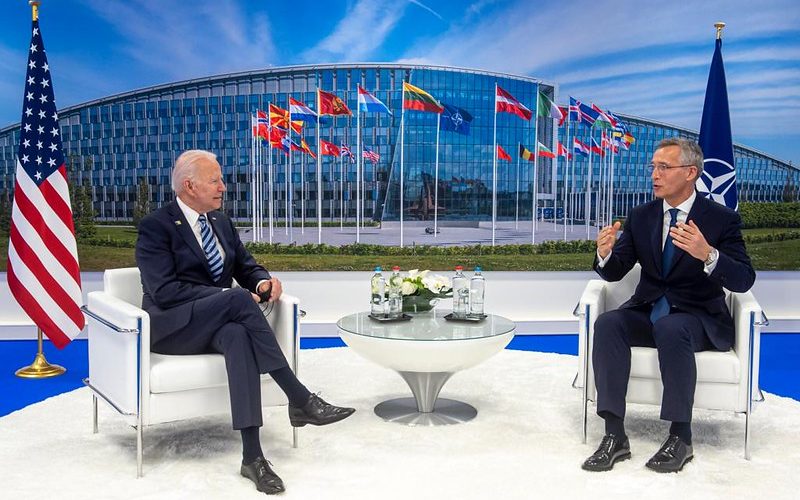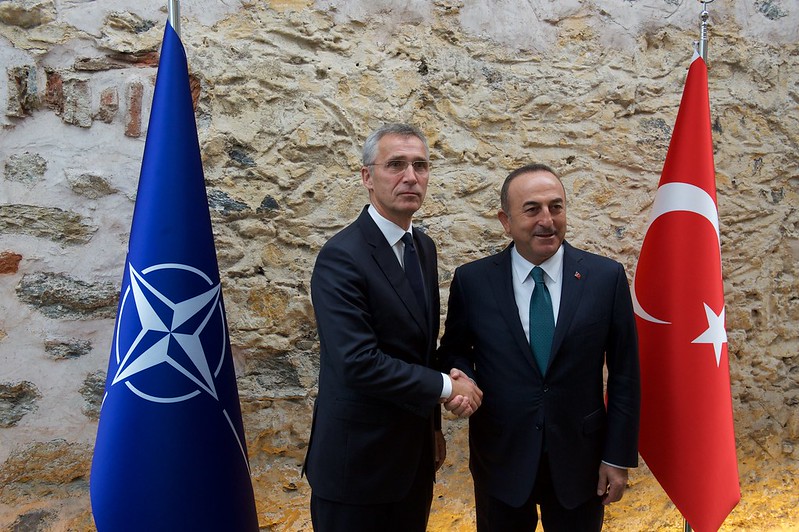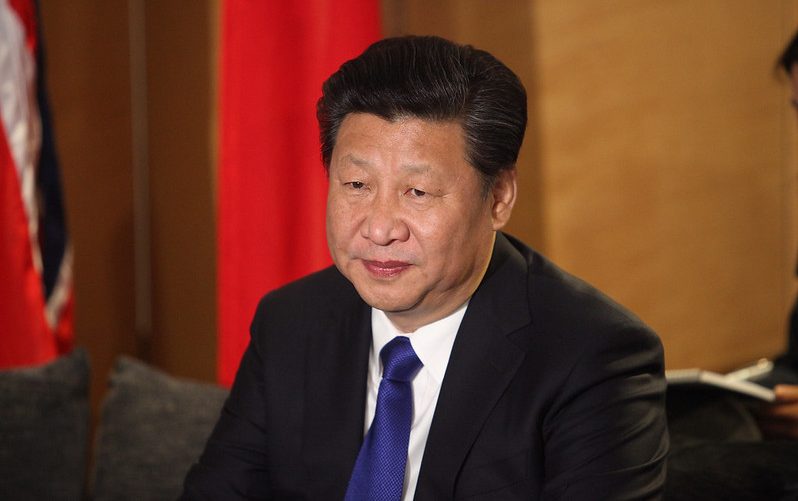
China in the Pacific: How is Beijing flexing its power in the region
The Pacific Islands and their vast expanse of ocean have never been a major source of traditional military threats. The post-World War Two security architecture of the Pacific has historically been dominated by the United States. Yet today, China’s diplomatic and economic push into the Pacific is incrementally reshaping the strategic landscape. While its presence in the region is not new, Beijing has capitalised on the dissonance between Washington and the Pacific Island nations by steadily and significantly expanding its commercial and geopolitical clout. As a result, ten of the fourteen Pacific Island nations now recognise the One China policy, which warrants considerable attention from the United States and other regional actors such as Australia.

